In 1997 a film staring and Directed by Kevin Costner made its way to cinemas.
The Postman entertains the highly original concept of a post-civilisation United States following unspecified apocalyptic events. In it, a drifter who happens upon an old United States Postal Service uniform attempts to barter mail for food and shelter. Claiming (falsely) that a new government is reestablishing connections across the country, he inspires hope in the places he travels to.
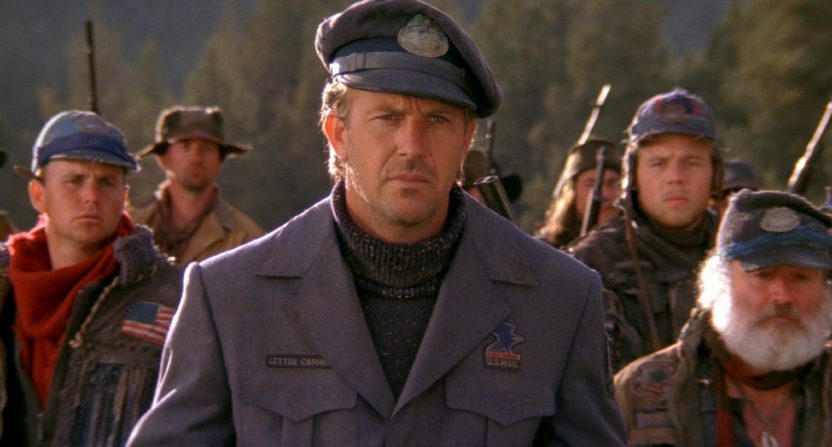
Sadly, the film was a box office failure, making only a quarter of its production costs1. It was criticised for its “bogus sentimentality”2 and described as “goofy” and “pretentious”3.
And these reviews are entirely fair, but despite this I was moved when first watching the film a few years back. Its core message is fairly optimistic and it explored themes of community, altruism and perseverance.
Skip forward 22 years
On the 8th November, 2019, Kojima Productions will release their first game to the world.
In Death Standing‘s final trailer before release, Kojima pushes the importance of reconnecting people across the United States, which has been devastated following an apocalyptic event.
Tell me Sam, what does America mean to you?
The way my dad made it sound, we were something special – the glue that held it all together. More than a nation, a symbol of freedom and hope. We could bring it all back if we kept on making deliveries and connecting people. He was sure of it.
In Death Stranding you play a transporter, Sam Porter Bridges. Whilst pushing the larger narrative forward, you will make deliveries from person-to-person, pushing forward towards the east coast of the United States.
In that sense, the core concept is very simple to grasp and the main gameplay loop isn’t particularly outlandish.
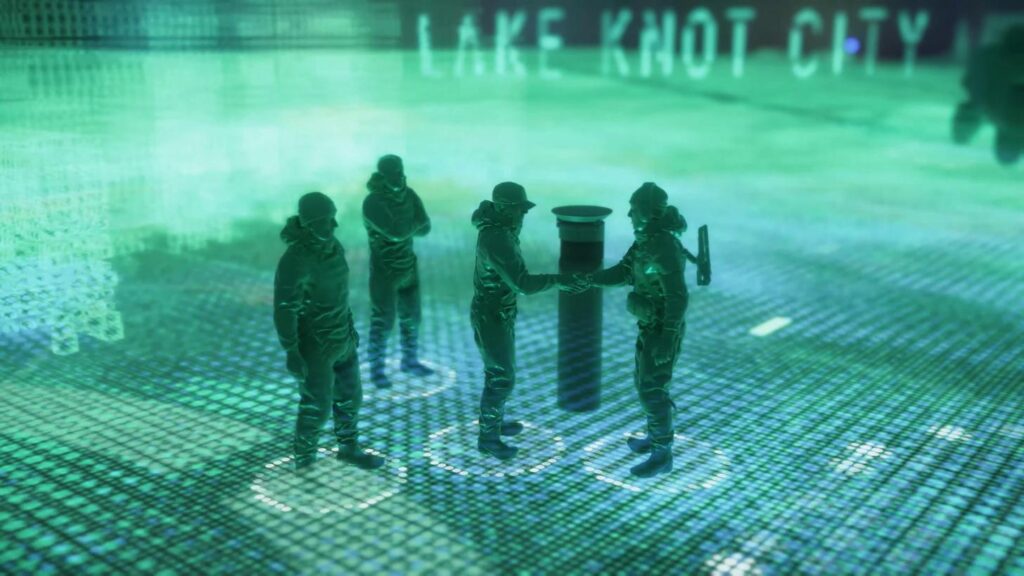
Just how the player will achieve this, what will happen along the way, and how they interact with the landscape is what will set the pace and really define this title, and Kojima has set incredibly high expectations.
All aboard, choo choo~!
Since its reveal in 2016, Death Stranding has made a lot of noise. From its first trailer starring Norman Reedus completely motion captured, and placed in a surrealist fantasy landscape, this game has only grown in terms of production.
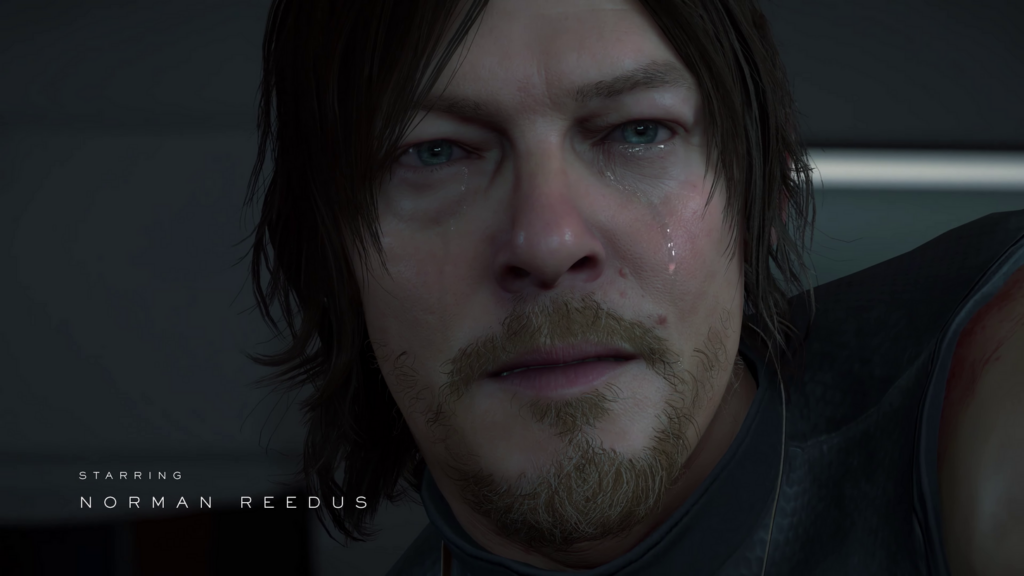
Following Reedus, Mads Mikkelsen and Guillermo Del Toro were next to feature in trailers, followed shortly after by Lindsay Wagner, Troy Baker, Margaret Qualley, Tommy Earl Jenkins, Léa Seydoux and more, making the casting seem closer to a high-budget movie production than a typical game.
This is to say nothing of the endorsements by Sony and Andrew House, the use of Guerrilla Games’ Decima Engine and use of music by Low Roar, Chvrches, Silent Poets and others. Ludvig Forssell will also return to compose the score, having worked with Kojima on Metal Gear Solid V.
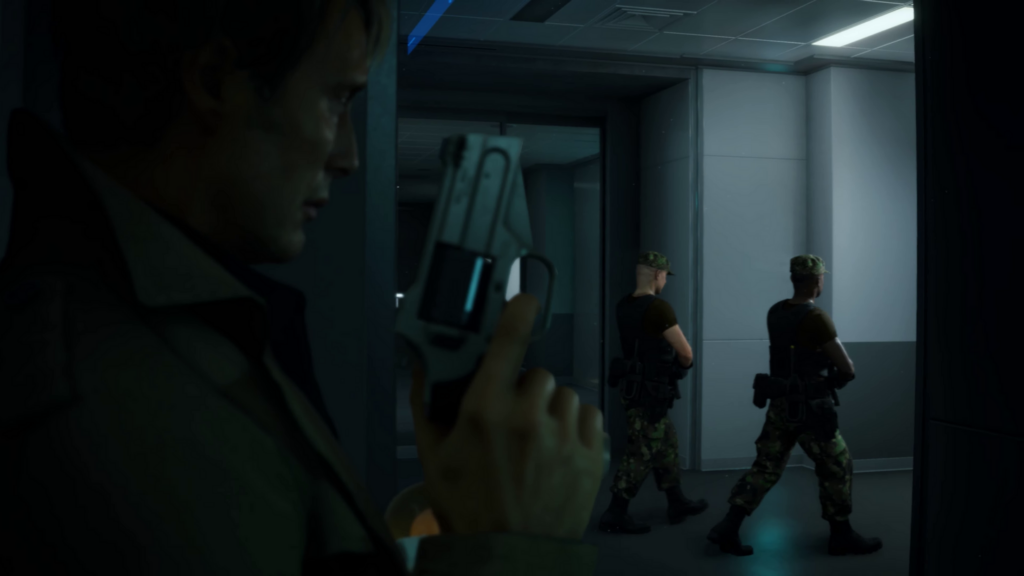
Kojima has himself stated numerous times, the new genre which this game will create – beyond stealth or action4, a social strand game5. Whilst this kind of rhetoric isn’t unusal coming from the person who coined the term “Tactical Espionage Action“, it does create expectations that set this game aside from existing archetypes.
But why does it need to be good?
It’s obvious that a lot of money has been invested in Kojima Productions’ flagship title, and a lot of people have supported him in his new endeavour. It’s a huge production and as such, there is risk involved should it fail to meet expectations – which have been set incredibly high.
There is a lot of stigma attached to Kojima’s last title before leaving Konami, and much we’ll probably never know for certain. Metal Gear Solid V: The Phantom Pain made serious bank, reportedly taking $179 Million on its opening day. The game was a technological marvel too, flaunting beautiful graphics, motion capture performances and vast interactive landscapes.
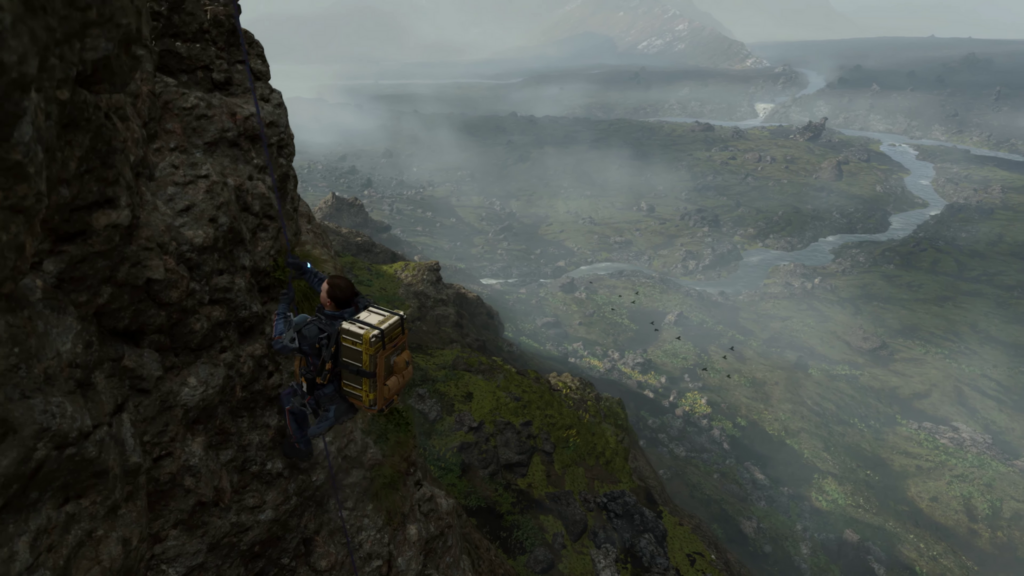
Despite this, the story was released in an unfinished state and there was a lack of coherant plot. I also personally felt the pacing was pretty inconsistent, with large sections of the story being padded out by less enjoyable “fetch quests”.
In spite of this, the game’s financial success was an indicator that with good marketing, flaws with core gameplay and story could be excused, which is a pretty poor standard.
It would be naive to dismiss this as being a problem which is exclusive to Konami, but now that Kojima has full autonomy and a new IP, I do wonder how this title will perform and be perceived by comparison.
There is no doubt Kojima’s team can pull this off. It just remains to be seen whether they have. They’ll no doubt be under lot of pressure to succeed.
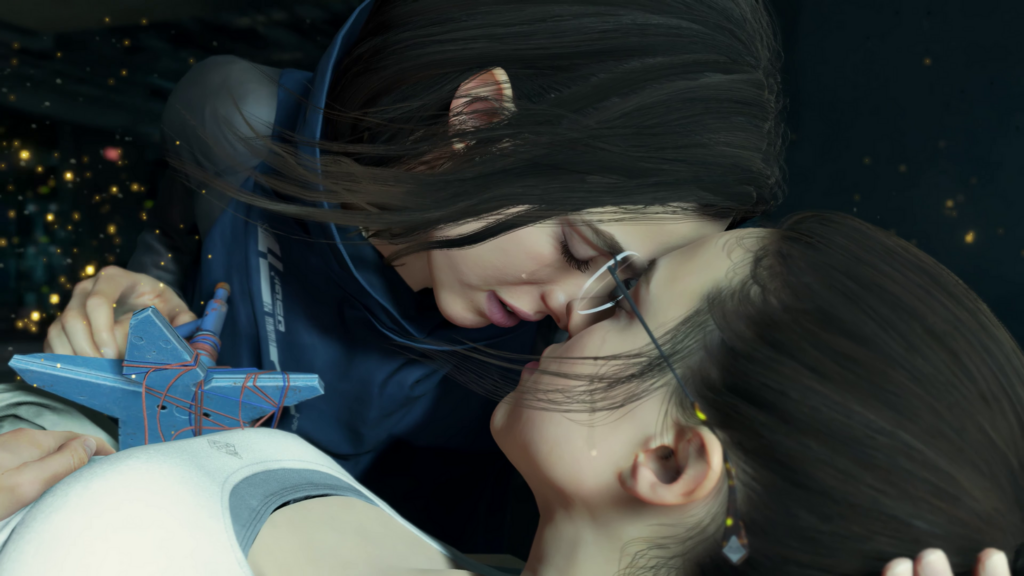
On a very personal level, I want this game to succeed. I think that large-budget titles so rarely are given the opportunity to deviate from tried and tested forms of gameplay and production. They are instead quite often required to iterate on what has been known to work previously.
Until I finally have a chance to play for myself, I’ll be keeping an open mind and wishing the team at Kojima Products all the best with their release.
- Box Office Mojo: The Postman ↩︎
- New York Times film review: The Postman ↩︎
- Roger Ebert: The Postman ↩︎
- GamesRadar+: Death Stranding is going to be part of a new genre of gaming called strand games, according to Kojima ↩︎
- VG24/7: Death Stranding is a game about delivering items for Facebook ‘likes’ – how the Strand System works ↩︎
